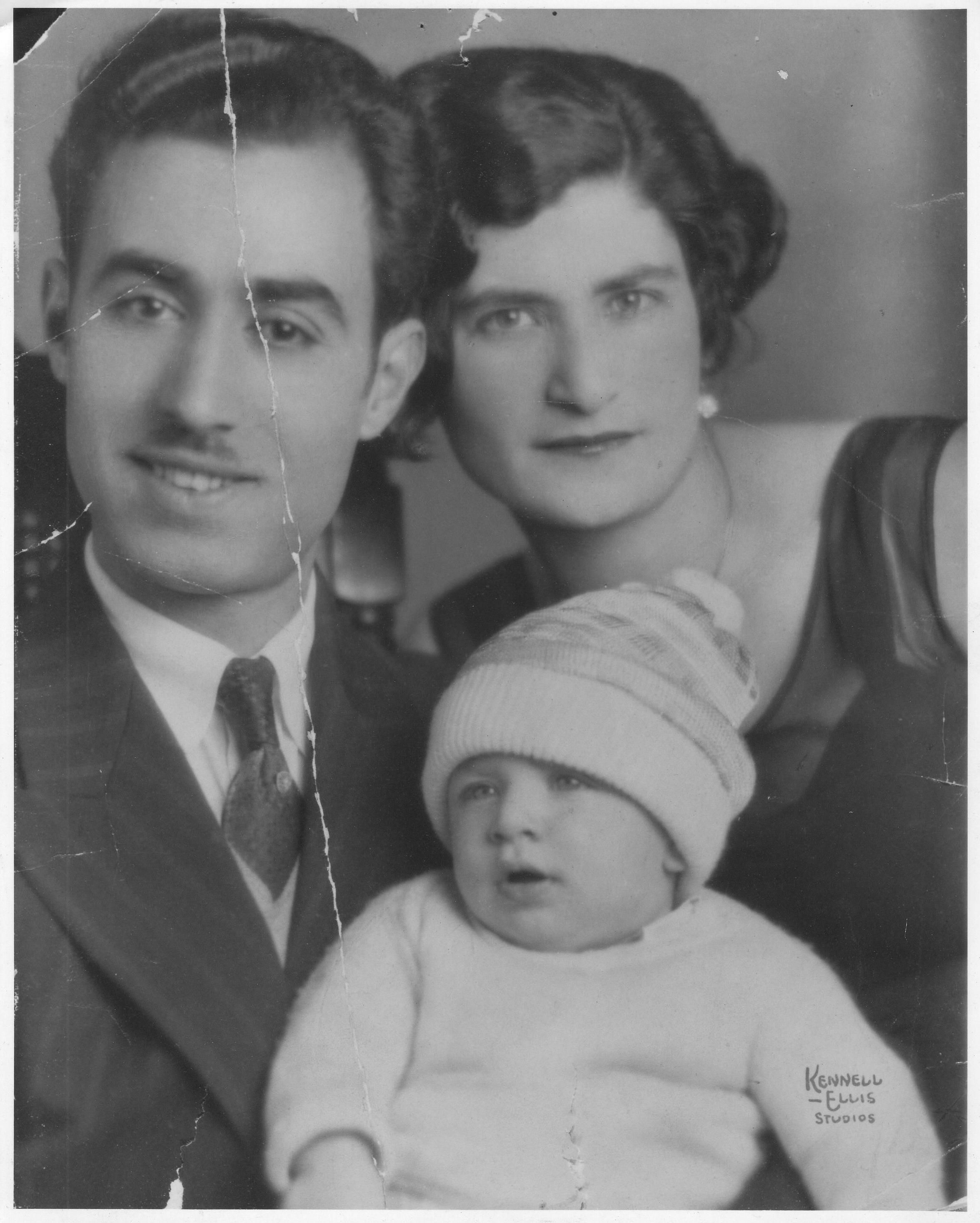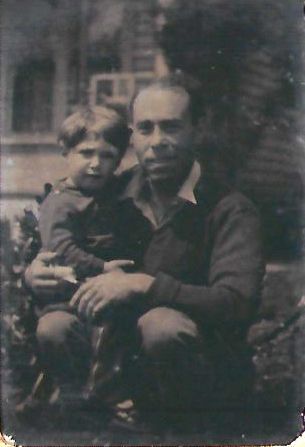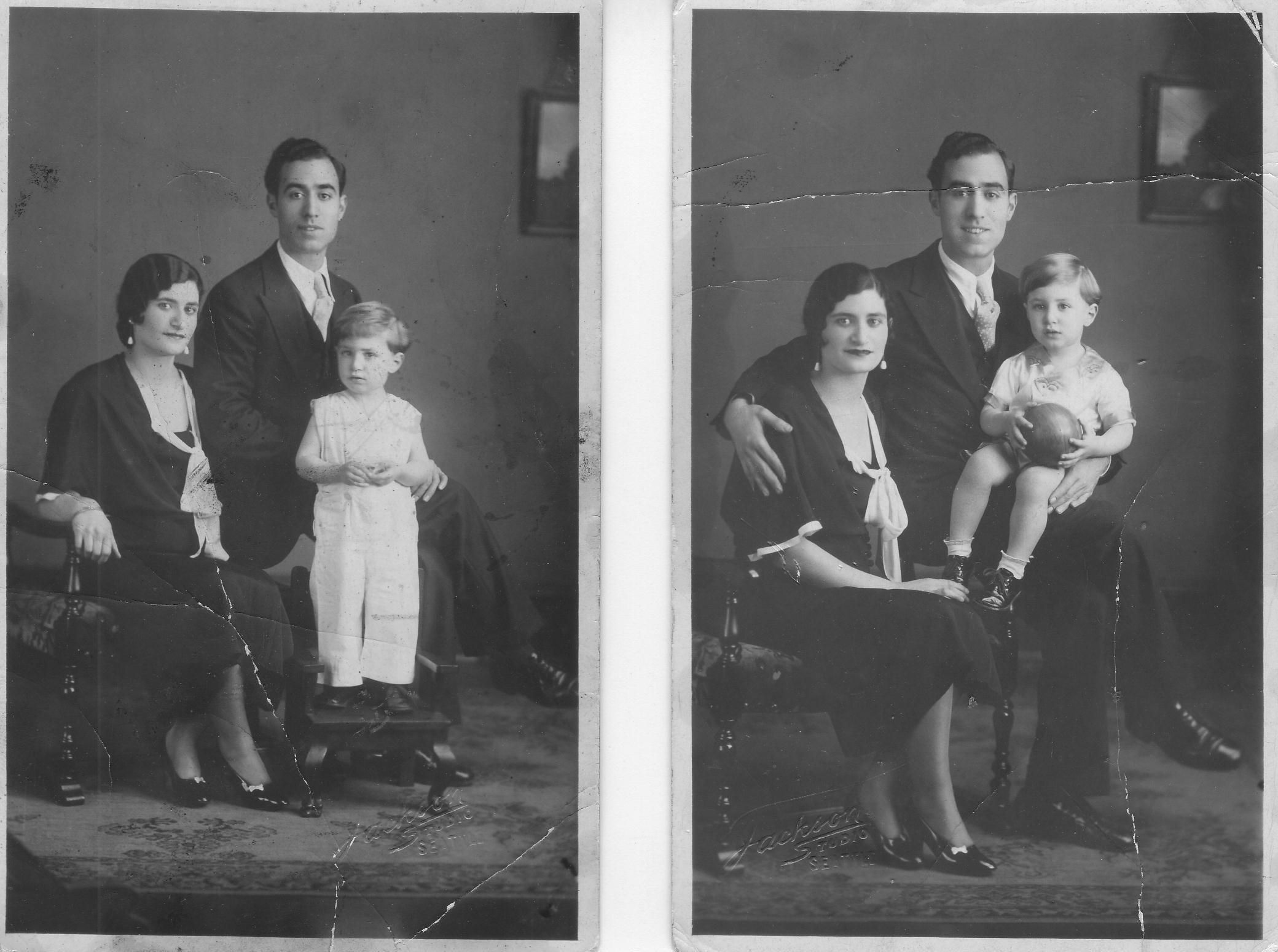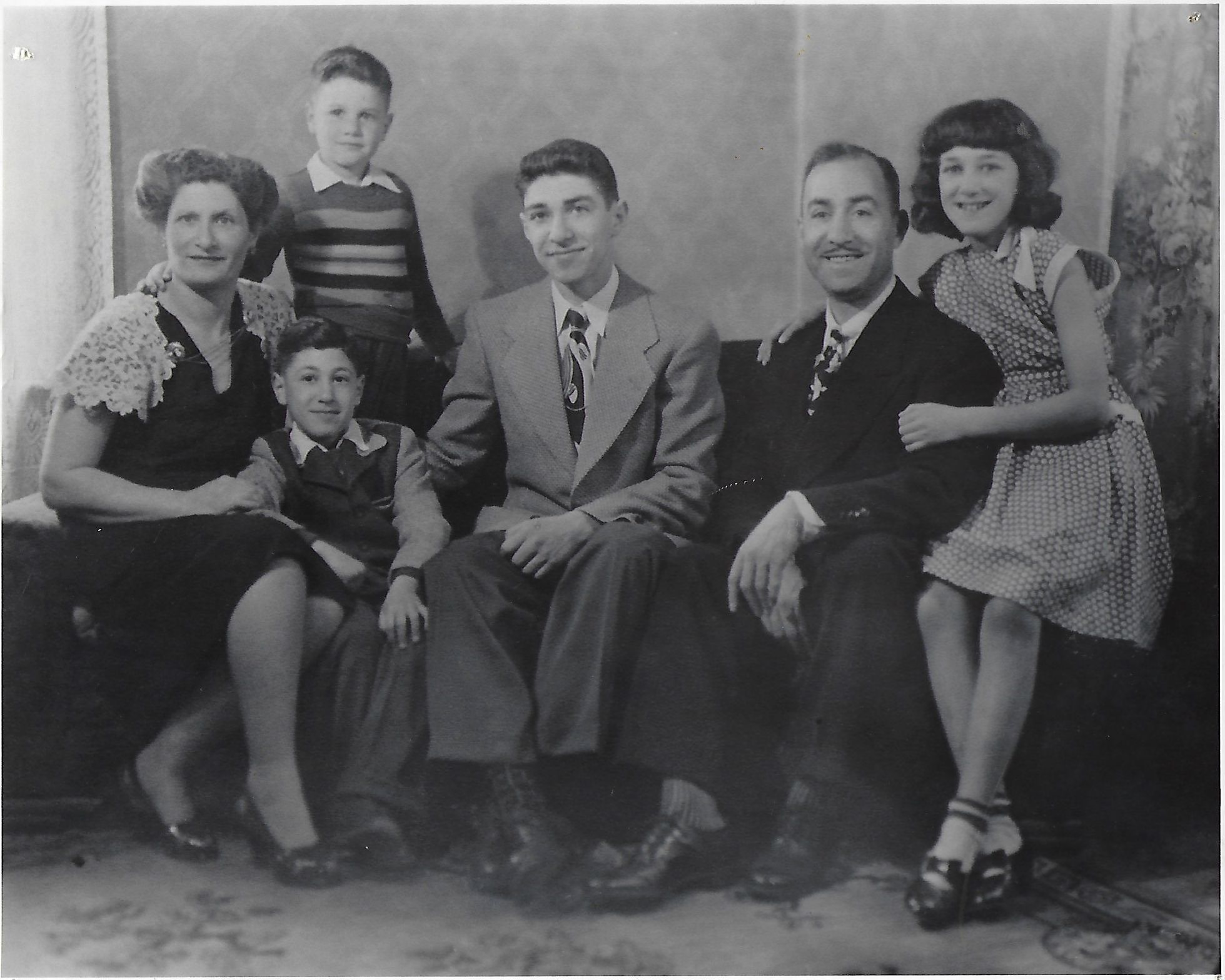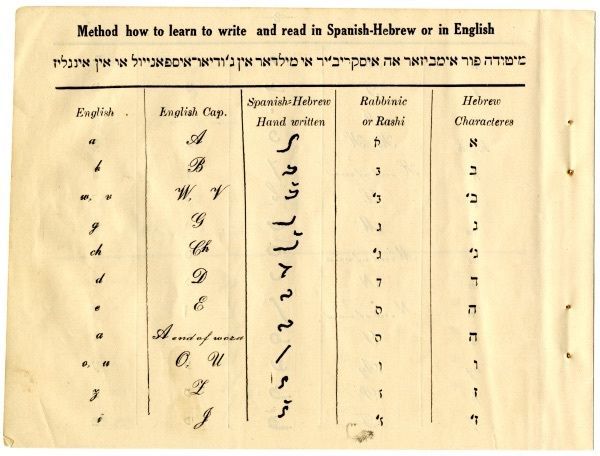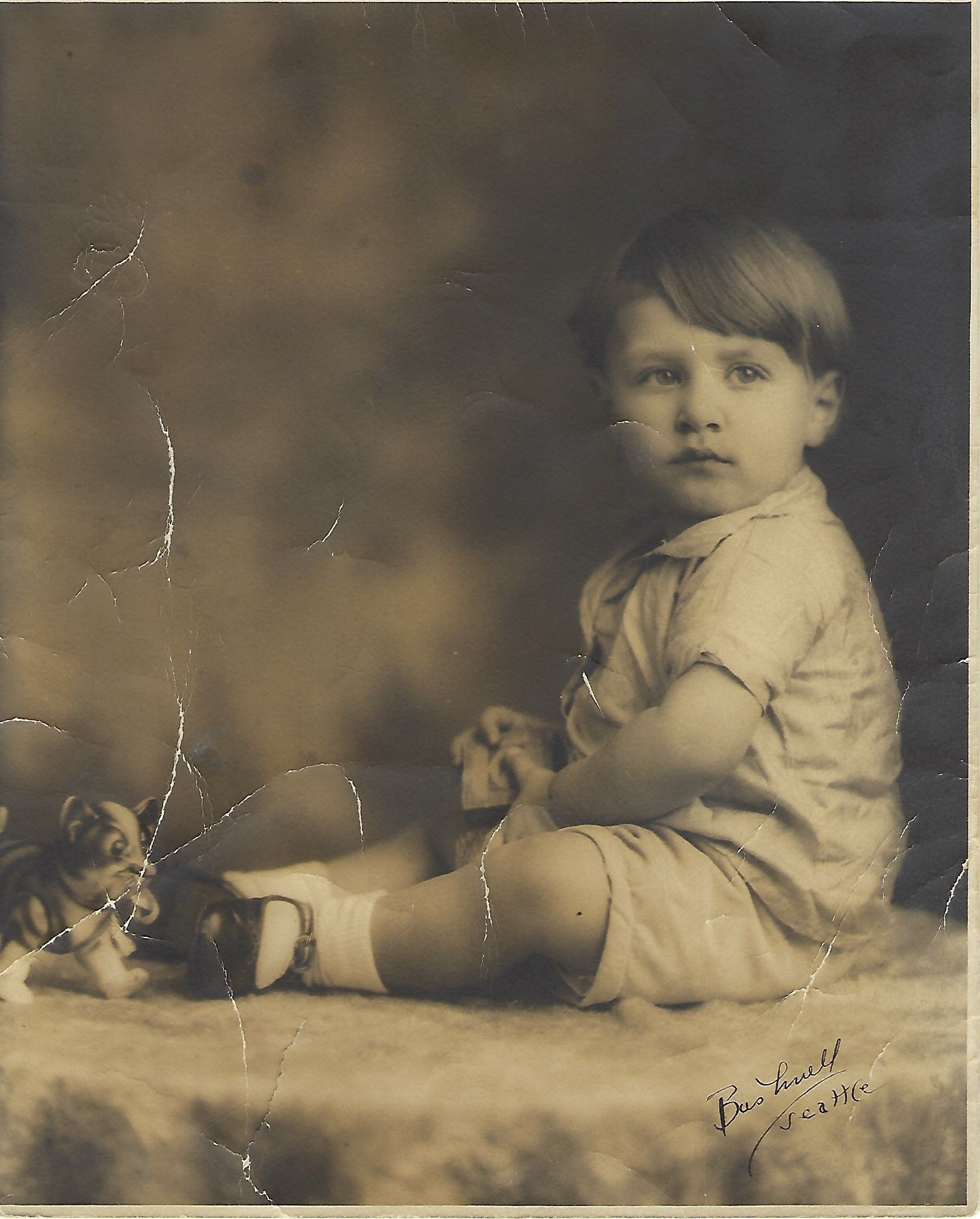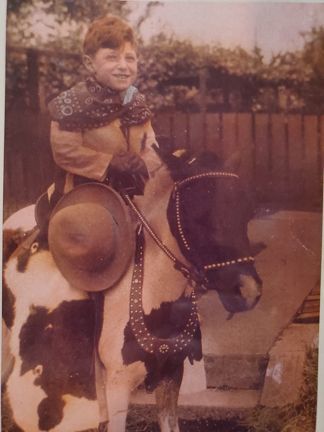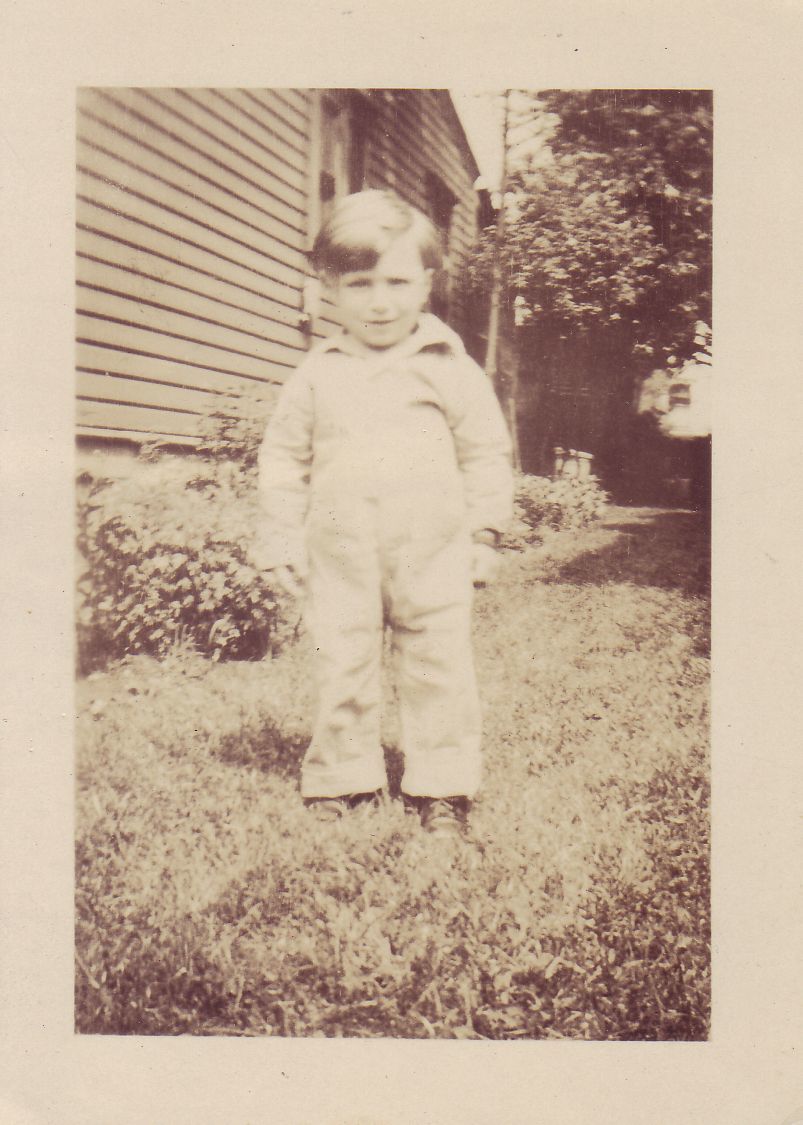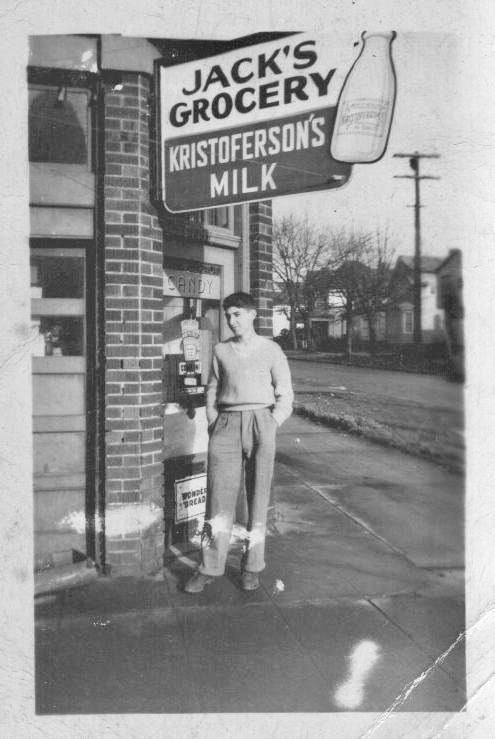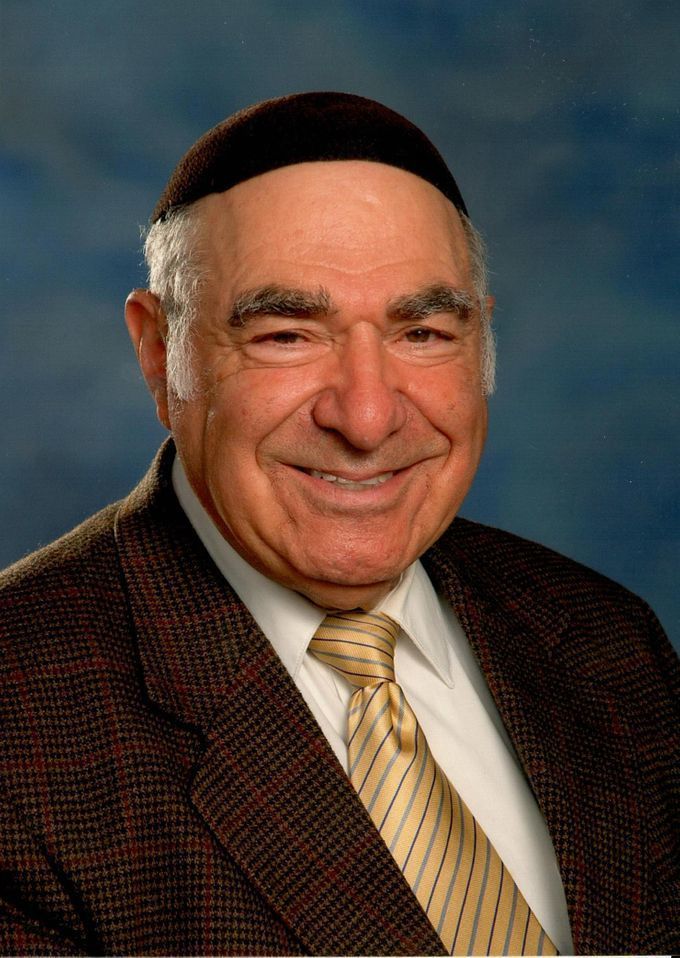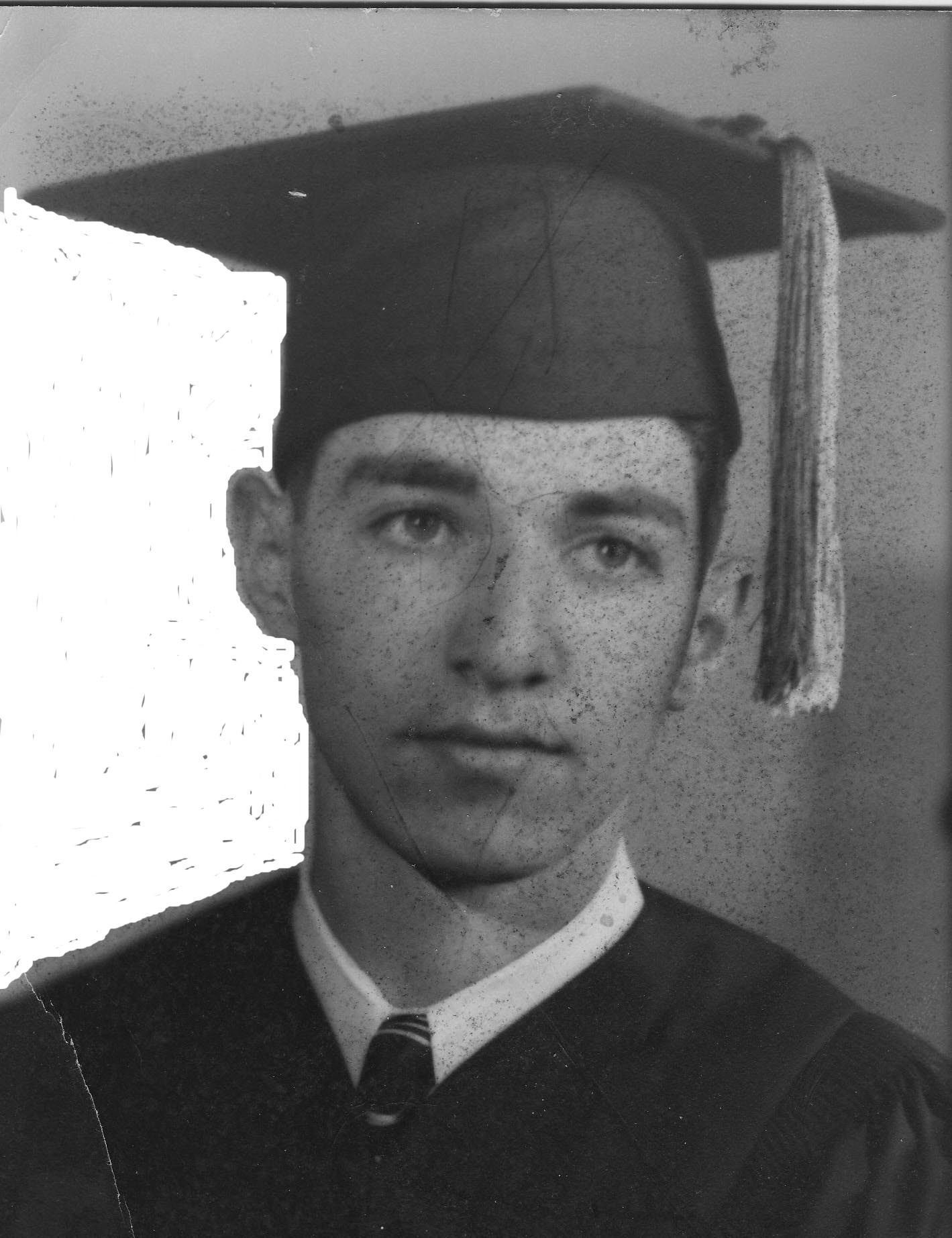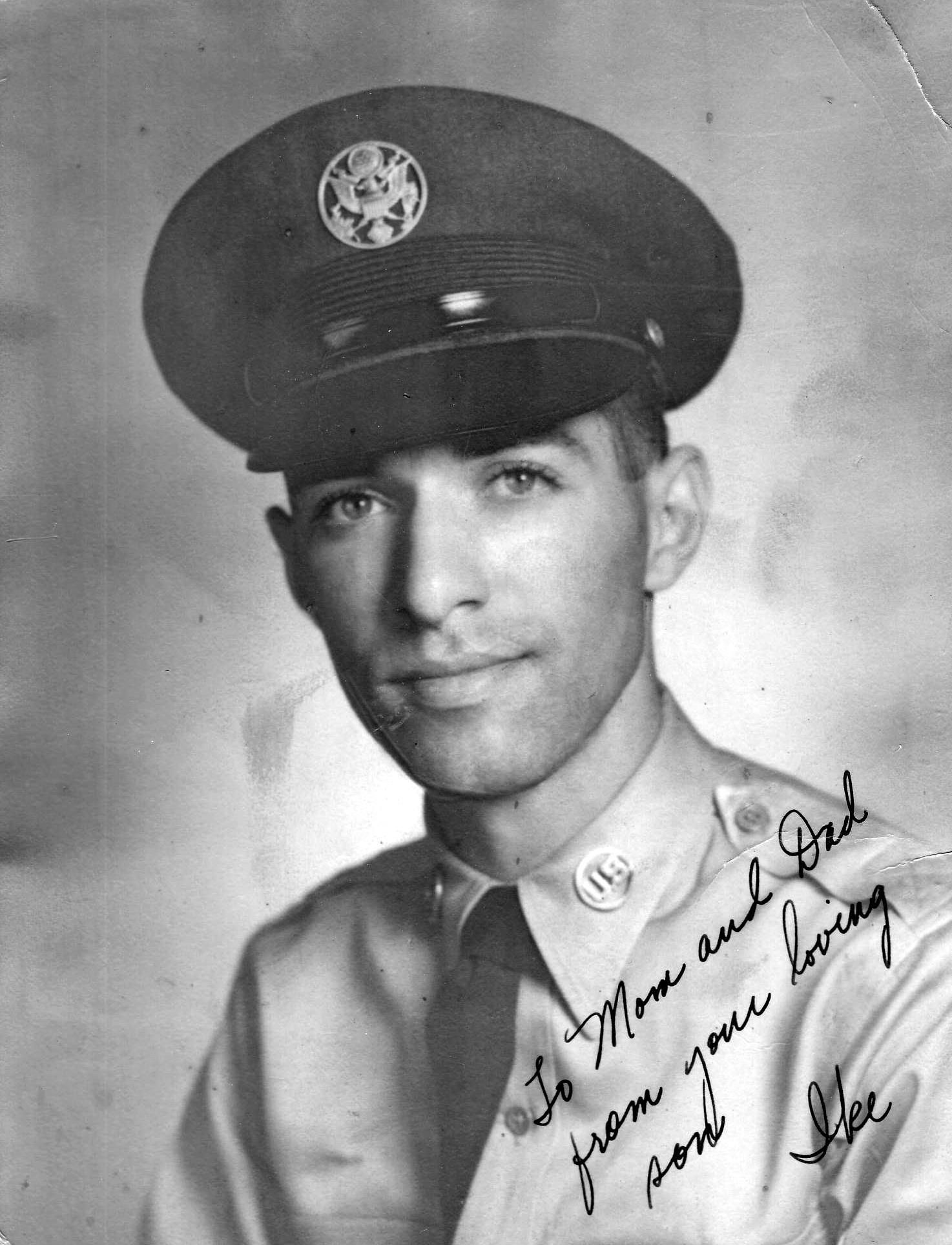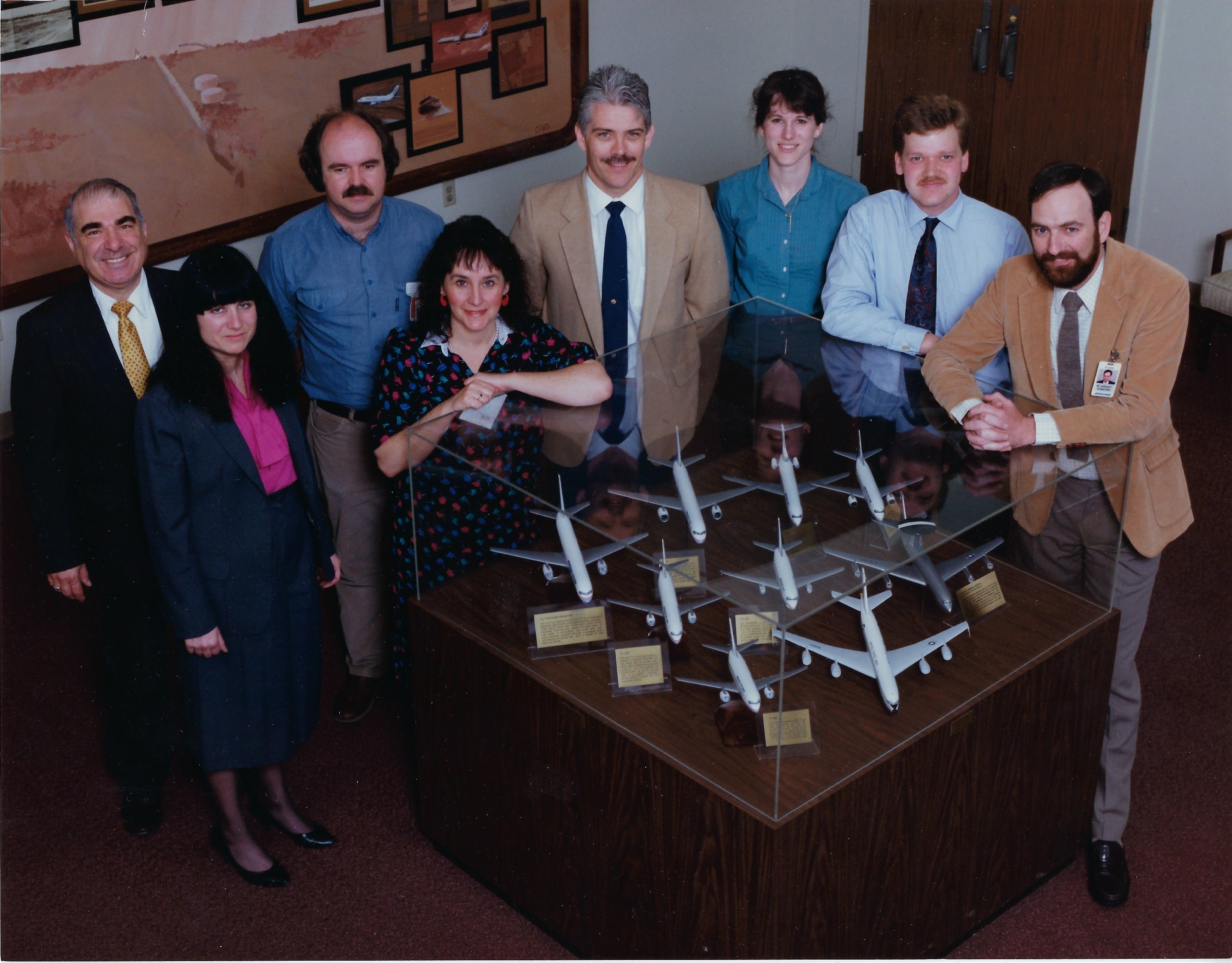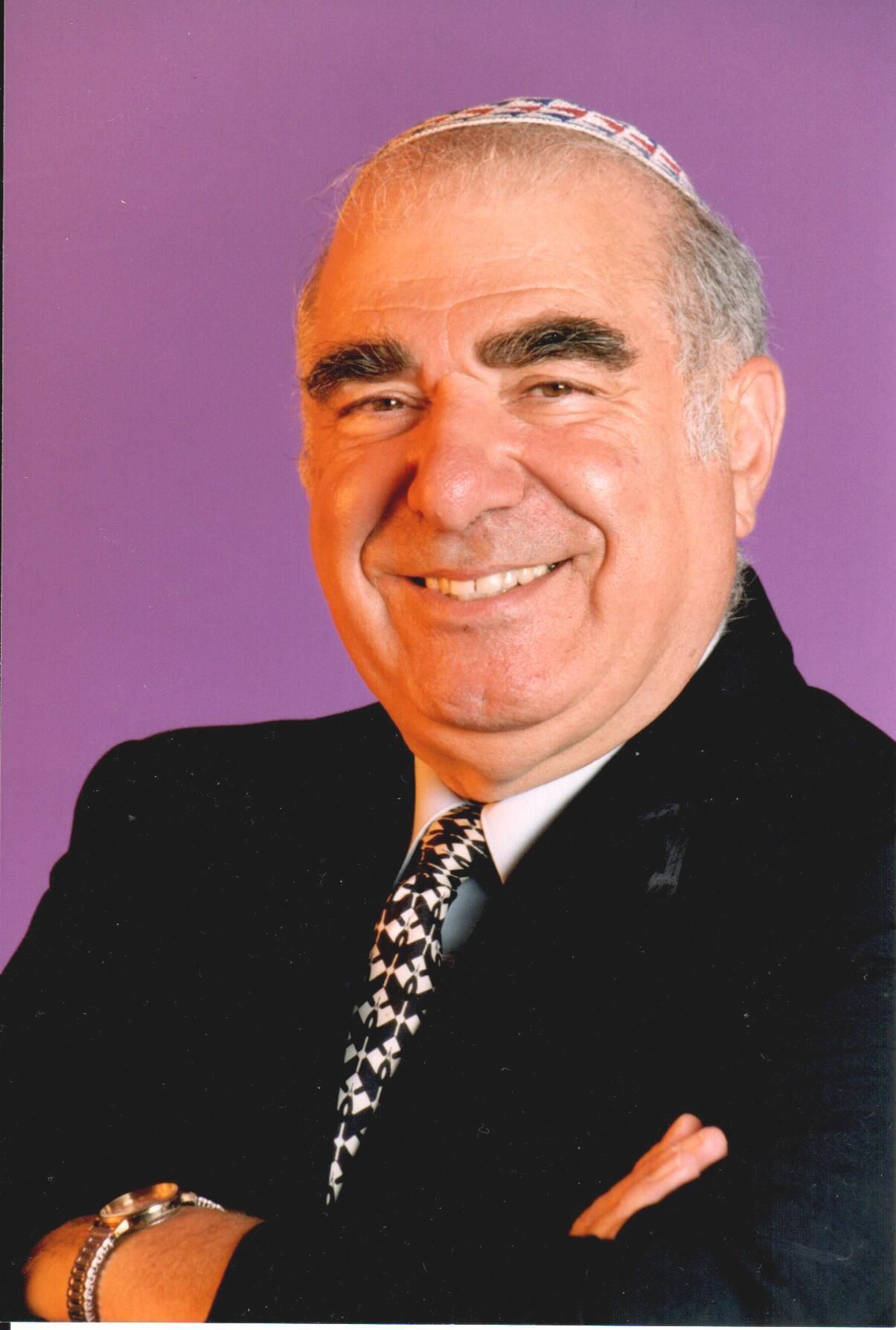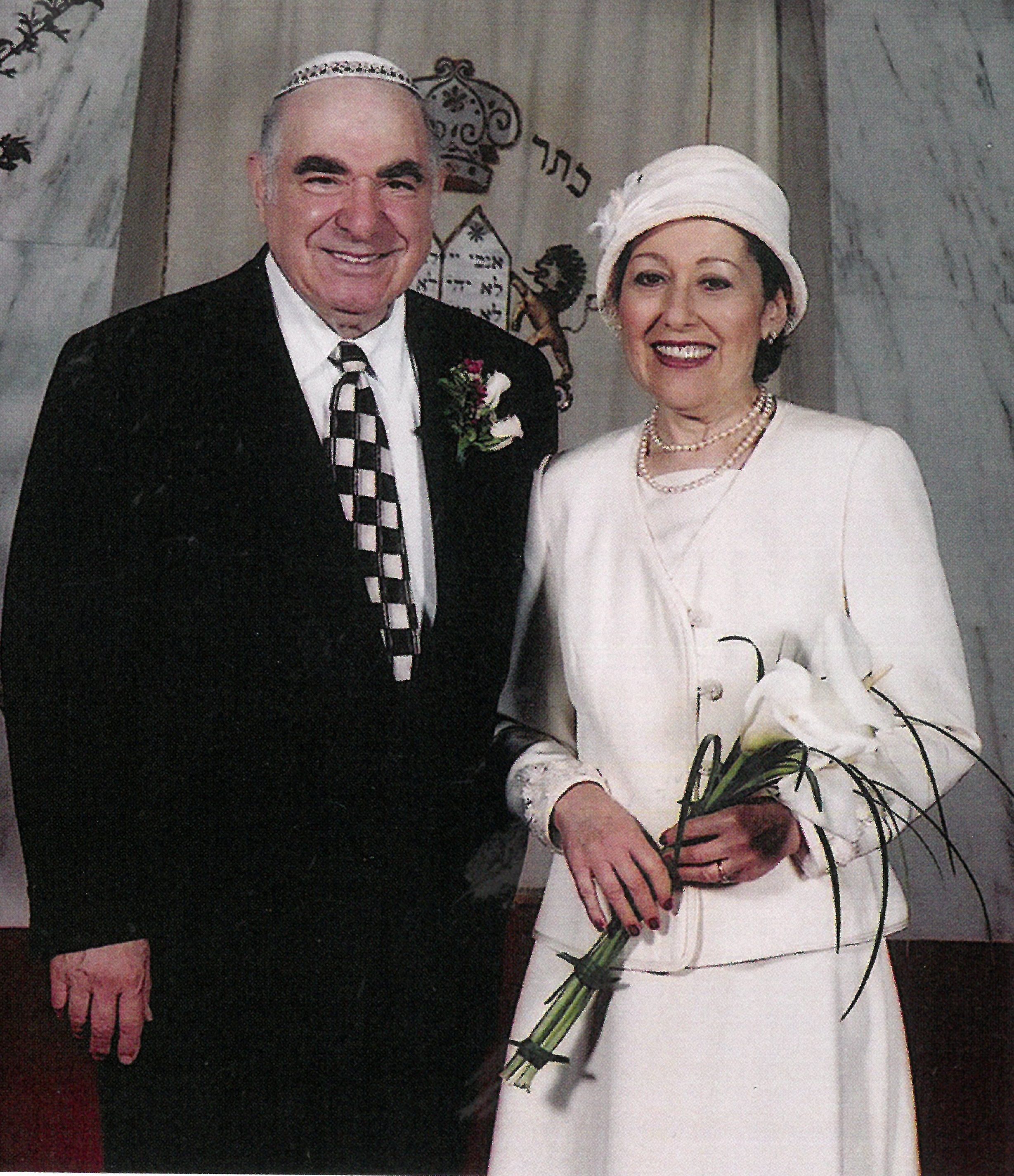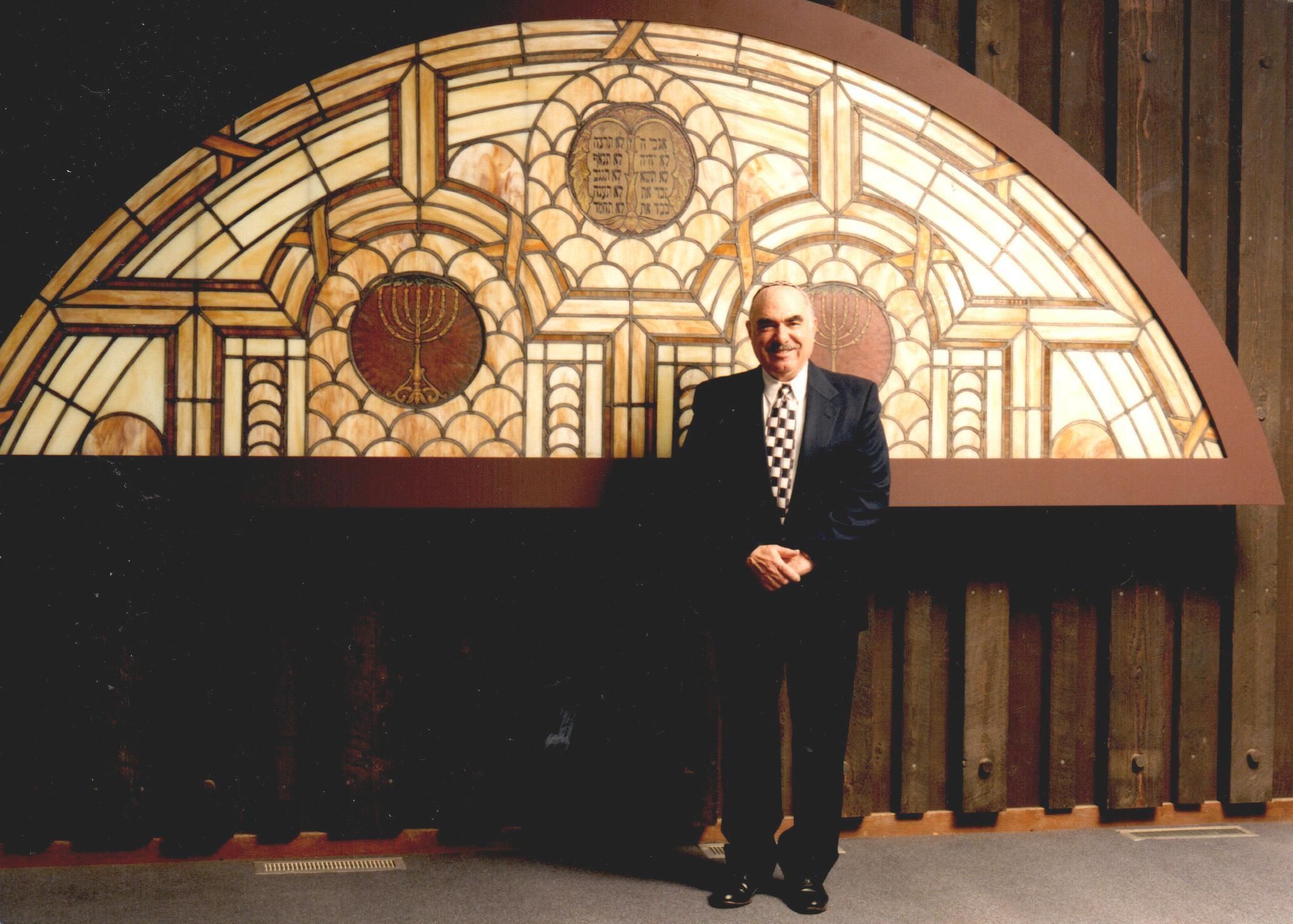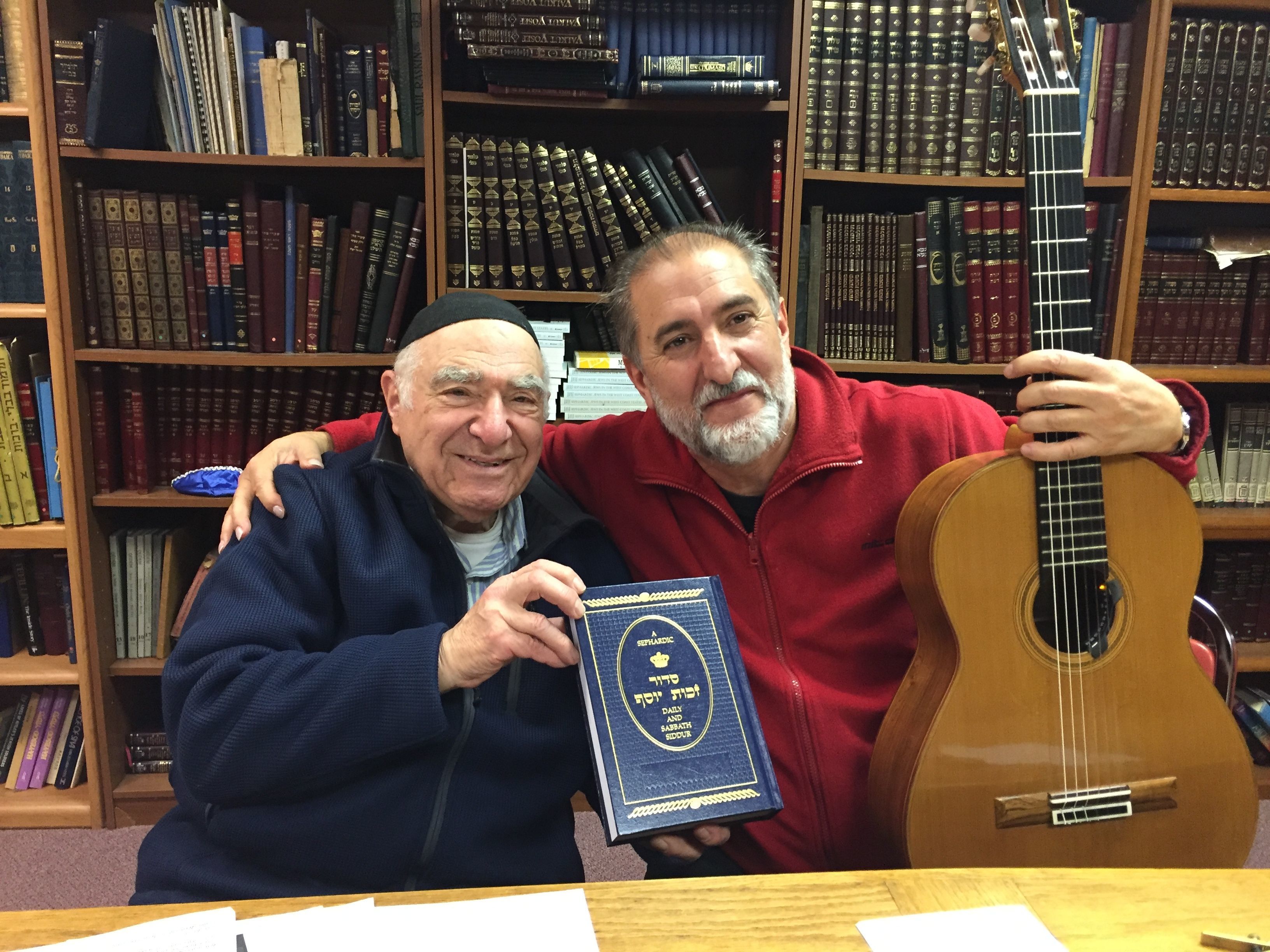Ike Azose was born in Seattle, Washington on July 14th, 1930, the son of Jack and Louise Maimon Azose at Providence Hospital. The Azose family had roots in Tekirdag, Turkey. Ike's mother's side of the family had lived in Brusa, Turkey for many years. The Maimon family was involved in silk manufacturing.
Ike’s father arrived in Seattle in February 1920, joining his brother Nissim. Ike’s mother relocated from Turkey to Vancouver, BC. While in Canada, Ike’s mother would make short trips to Seattle. In an oral history interview Ike explained further:
“On one of those visits she was in the Madrona Theater with my Aunt Susie Angel and my father had found out about it and went into the theater on the pretense that he was going to visit his sister, to find his sister in the Madrona Theater. And he met my mother there and he was instantly taken with her and he met her once or twice more on one of her visits from Vancouver to Seattle. And they started corresponding, I have some of their correspondence in Ladino. And they both fell in love, as I understand it, and he made an excuse to go to Vancouver and he arranged, or he thought he was going to arrange, to have a marriage that he could do by a justice of the peace there.”
Raised in a multi-lingual home, Ike revealed:
“[…]my first language obviously was Ladino, that’s what I spoke with my mother and father and it stood me in good stead until today.”
Ladino is the language of the Sephardic Jews who originated from the Iberian Peninsula (what is today Spain and Portugal). Ladino is form of Castilian Spanish mixed with a variety of Hebrew elements, along with Aramaic, Arabic, Bulgarian, French, Greek, Italian, and Turkish.
The evolution of the Ladino languge is tied to the migration patterns of the Sephardic Jews. Following their expulsion from Spain in 1492, Sephardic Jews relocated mainly within the Ottoman Empire, including the Mediterranean and Middle East, where the Ladino language developed further and in response to the areas where Jews sought refuge.
For more about the Ladino language, see the Stroum Center for Jewish Studies’ “Learning Ladino: Education, Preservation, and Community Building,”
Ike grew up in the Yesler Way-Cherry Street neighborhood in the Central District. Jewish families living on First Hill moved to the area, forming a distinctive Jewish neighborhood. It is estimated that Seattle has the third-largest Sephardic Jewish community in the United States.
In the book Family of Strangers: Building a Jewish Community in Washington State, it’s asserted that:
“The presence of a large number of Sephardim relative to the whole Jewish population lent a richness and diversity to Seattle Jewry. The Sephardim formed a critical mass that allowed them to maintain their traditions, customs, and language to an extent not seen outside of New York.” (pg. 150)
In Ike’s Words
“I think the year was early 1946, although I hadn't reached my 16th birthday in July as yet. My uncle Jack, Maimon, (my mother Louise's brother) owned the grocery, and I would go there every day after school (Garfield High School) and stay until the store closed between 8 and 8:30. I remember that I used to go on deliveries after closing the store and one of the customers to whom we would make deliveries was Isaac Benaltabe. For convenience's sake, my uncle Jack would park red Dodge panel truck on the left side of the street, because the house was on that side. On leaving, he would make a u-turn and head back toward his home or another delivery. I would watch my uncle shifting gears and, in this fashion, I learned a lot about driving. Since he would leave the keys in the ignition, after having seen my uncle do this many times, I drove the truck to the corner, made the u-turn and re-parked the truck. It jerked a few times, and my uncle didn't say a thing when he came out, but, in this fashion, I gained some driving experience, which made it much easier when I actually went to get my driver’s license.”


